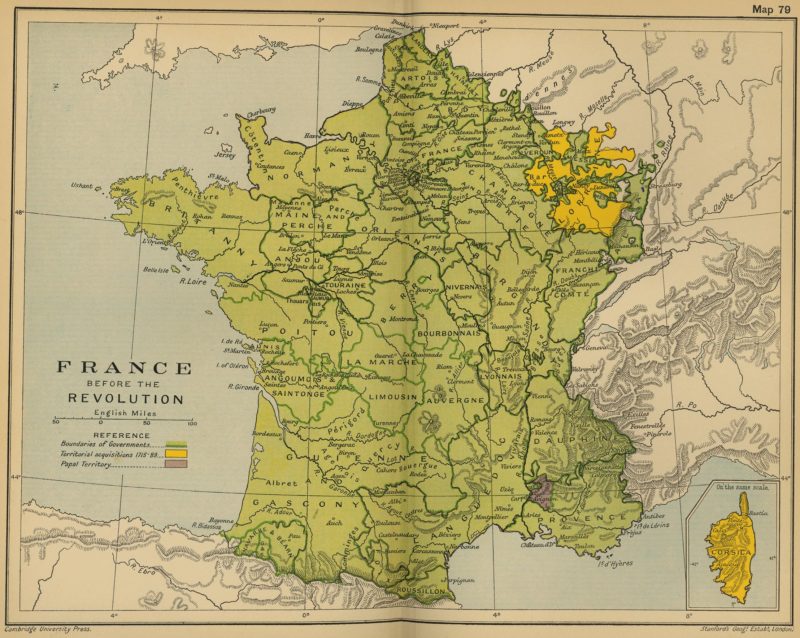One of the objections against the accuracy, or the historicity, but really, the truthfulness of Scripture is that it contains certains points of information which are scientifically inaccurate, and therefore proof that the Bible is riddled with errors.
But one of the first rules of hermeneutics (or the interpretation of a text) is to understand the context, and one of the most overlooked points of context is the genre of the text itself. Consider the following quote from Stanley Fish:
In his great book How to Do Things with Words (1962), J.L. Austin considers the apparently simple sentence “France is Hexagonal.” He asks if this is true or false, a question that makes perfect sense if the job of a sentence is to be faithful to the world.
His answer is that it depends.
If you are a general contemplating a coming battle, saying that France is hexagonal might help you assess various military options of defense and attack; it would be a good sentence. But if you are a geographer charged with the task of mapping France’s contours, saying that France is hexagonal might cost you your union card; a greater degree of detail and fineness of scale is required of mapmakers. “France is hexagonal,” Austin explains, is true “for certain intents and purposes” and false or inadequate or even nonsensical for other. It is, he says, a matter of the “dimension of assessment”—that is, a matter of what is the “right or proper thing to say as opposed to a wrong thing in these circumstances, to this audience, for the purposes and with these intentions.”
Stanley Fish, How to Write a Sentence (2011), 38–39.
This same principle applies to the interpretation of a biblical text. If the genre of Genesis was scientific textbook, or the genre of Exodus statistical analyses, then we might have legitimate qualms about the way certain pieces of history are communicated. But the fact that these are historical narratives, and theological epics, allows for a certain elasticity to the language.
This kind of genre contextualization may not solve all our interpretive difficulties, but it does give us a framework for understanding why an event might be communicated one way and not another.

